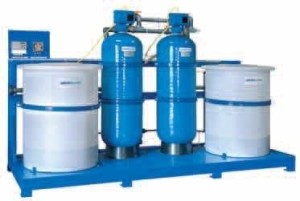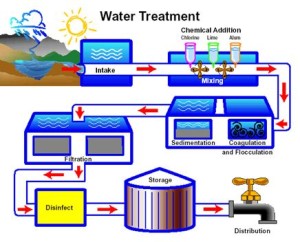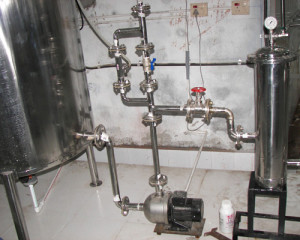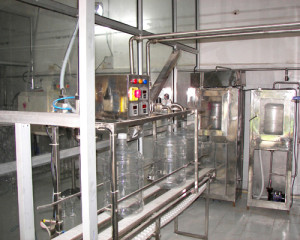When you are thinking of starting a new fitness regime you need to take care of the added calories in your diet chart too. The liquid that we consume everyday to keep rehydrated also add a quite noticeable quantity of calories in your body. It results in gaining weight and an unhealthy lifestyle. But if you add mineral water in it, you will get benefitted. There are several benefits that mineral water offers to us. 
The increasing number of mineral water plant indicates towards the fact that people are quite aware of the benefits of mineral water. Take a look to know what benefits of mineral water are.
• The most noticeable benefit of mineral water is it helps you to get rid of unwanted flab. When you are tired of the stacking up the layers of fat adding mineral water is a good idea. The soda or juice that you regularly consume contains added flavour and calories. As a result it aids to the increasing fat. Mineral water is not at all the source of these unwanted calories.
• Women after their menopause become weak. In fact they suffer from weak bone health. Mineral water has calcium and magnesium components. It contributes in developing better bone health.
• Regular consumption of mineral water helps to control blood pressure and LDL cholesterol. Magnesium is the component that helps you to control the blood pressure. LDL cholesterol is the bad cholesterol that is responsible for heart related diseases. Magnesium and potassium are essential to control the LDL cholesterol and as a result that increases the defence against heart diseases.
• Mineral water helps to make your digestion process. In fact if you are thinking to get a perfect flawless skin mineral water is essential. It is also essential to get rid of kidney stone too.
When you are thinking of becoming fit and opting for a healthy diet regime, regular consumption of mineral water is essential. Drink healthy, stay healthy.

 Coagulation:
Coagulation:

 Clean, hygienic water is necessary both in the domestic and industrial sector. Hard untreated water often is an obstacle in reaching optimum production.
Clean, hygienic water is necessary both in the domestic and industrial sector. Hard untreated water often is an obstacle in reaching optimum production.
 The packaged drinking water contains the adequate amount of minerals required for good health. Before the water is packaged and supplied, the water undergoes several
The packaged drinking water contains the adequate amount of minerals required for good health. Before the water is packaged and supplied, the water undergoes several 